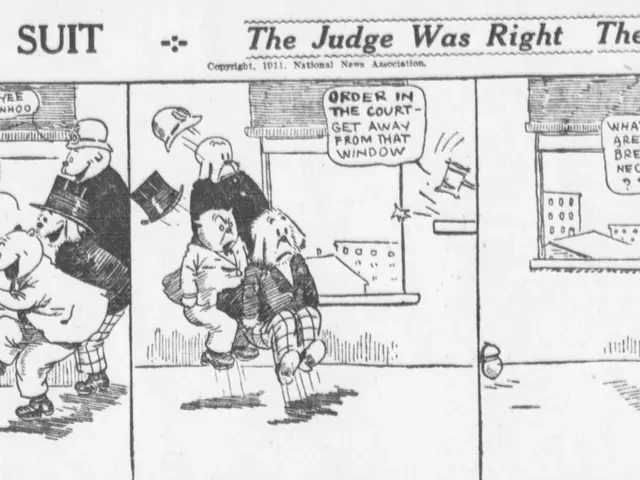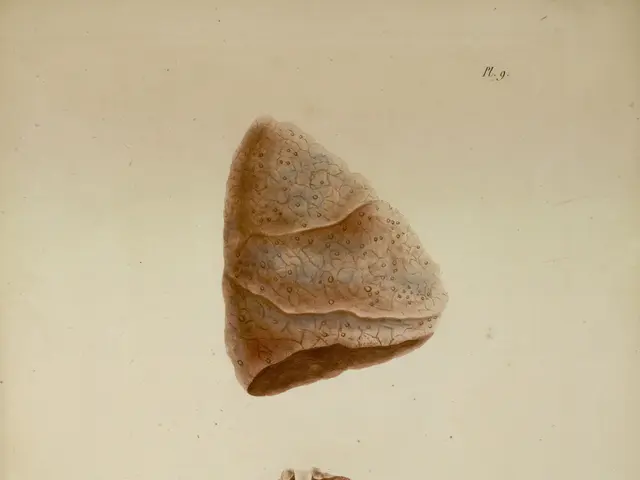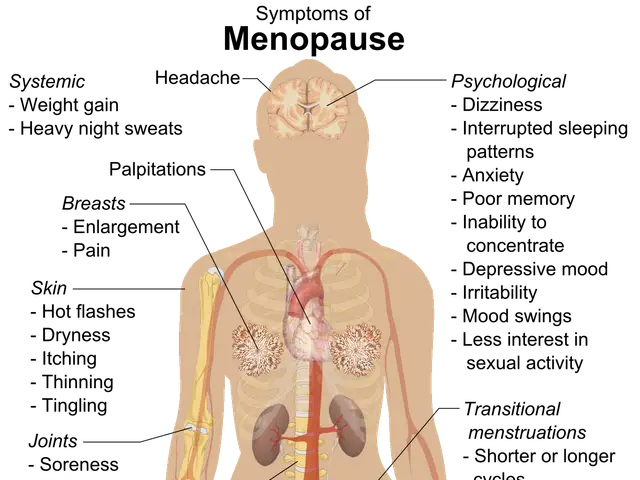Dietary items labeled 'zero-calorie' don't promote weight loss.
A new study has debunked the myth of negative-calorie foods, challenging the common belief that certain foods require more energy to digest than they provide. The study, conducted in 2019 by researchers from the University of Alabama, focused on bearded dragons, an omnivorous reptile that shares similar digestive mechanisms with humans [1].
The study found that bearded dragons only used about three-quarters of the energy from celery, a food often claimed to be a negative-calorie food. This finding contradicts the idea that some foods can cause the body to burn more calories than they contain [1].
In reality, while some foods are very low in calories, they still contain measurable energy. For example, celery and watercress are low-calorie foods, but they contain more energy than the body needs to process them [1]. Fresh fruit and vegetables, while low in calories, make a valuable contribution to a balanced diet [2].
The misconception about negative-calorie foods stems from the belief that our bodies use the same amount of energy to digest all foods. However, our bodies use different mechanisms to digest different types of food, and we use more energy to digest proteins than fats or carbohydrates [1].
Ultra-processed foods, which are often high in fats and carbohydrates, provide instant satisfaction but also deliver a large amount of energy, which can be stored as fat. Focusing solely on calories for maintaining or losing weight may not be sensible, as our bodies use different mechanisms to digest different types of food [1].
A diet consisting solely of low-calorie foods could result in feelings of hunger and irritability, as these foods may not provide enough nutrients to support overall health. A balanced diet that includes nutrient-rich, low-calorie foods, along with an understanding of the different metabolic costs of digesting proteins, fats, and carbohydrates, is more meaningful for maintaining a healthy weight [1].
In conclusion, there is no scientific evidence supporting the existence of negative-calorie or zero-calorie foods. It's important to approach weight loss and maintenance with a balanced and informed approach, rather than chasing food fads like negative-calorie foods.
[1] University of Alabama, "Study on Celery-Munching Bearded Dragons Debunks Myth of Negative-Calorie Foods," 2019. [2] Harvard T.H. Chan School of Public Health, "The Truth About Negative-Calorie Foods," 2018.
- The study conducted by researchers from the University of Alabama in 2019 on bearded dragons challenges the belief that certain foods, like celery, are negative-calorie, as the reptiles only utilized about three-quarters of the energy from these foods.
- While fresh fruit and vegetables are low in calories, they still contain measurable energy and make a valuable contribution to a balanced diet.
- Ultra-processed foods, despite often being high in fats and carbohydrates, provide a large amount of energy that can be stored as fat, making them less beneficial for maintaining a healthy weight.
- A balanced diet that includes nutrient-rich, low-calorie foods, along with an understanding of the different metabolic costs of digesting proteins, fats, and carbohydrates, is more meaningful for maintaining a healthy weight and overall health.






